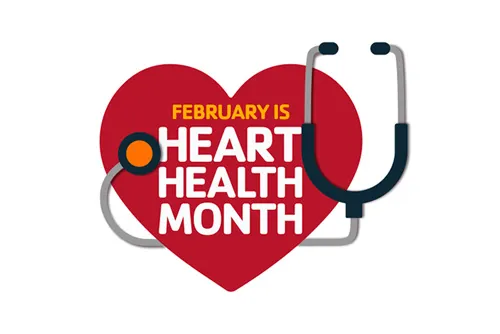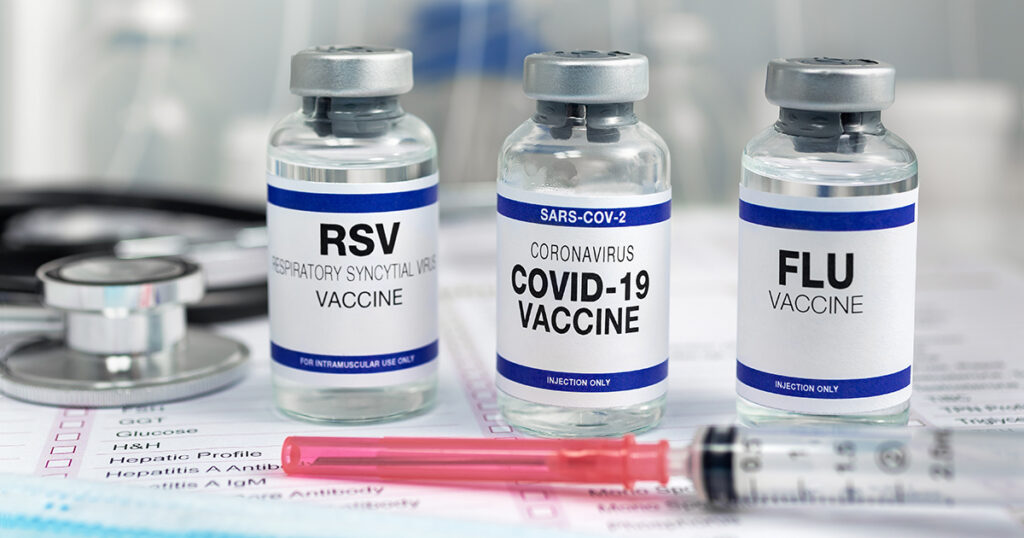Posts by editor
April 2024 Patient Newsletter Orange County
Expanded Walk-in Access Now Available in Yorba Linda Visit with a clinician for both routine or urgent care advice – NO APPOINTMENT NEEDED. Now offering walk-in availability at Caduceus Family Physicians at the Packing House in Yorba Linda Monday-Friday 8-5. Welcome our New Internal Medicine Physician We continue to grow! Starting May 1st, our group welcomes Dr.…
Read MoreIntroducing Club Caduceus… An Exclusive Membership Only Patient Service. Want to be a VIP?
Jackie was excited. She had planned and saved up for a dream vacation to France for over a year. Her bags were packed, her Uber booked for a late afternoon Thursday pickup. Her itinerary was set for the next two weeks exploring the French wine regions. At 8 AM Thursday, she was in the bathroom…
Read MoreCMO Patient Blog Heart Health Month Orange County
Check-ups Make the Heart Grow Stronger It’s Valentine’s Day when, one way or another, we all start pondering the nature of love. Some look to signs from the universe, plucking petals from flowers hoping for an odd number, “she loves me; she loves me not; she loves me! We’ll stop there…” You might dissect text…
Read MoreCEO BLOG- Matthew Perry’s Untimely Death
What Lessons Can We Learn to Avoid the Same Fate? Last night I forgot to ask my wife to join me in the Jacuzzi. I was really in hot water. Ok, perhaps it isn’t the best idea to start a blog about Matthews Perry’s death with a Jacuzzi joke. Yet I feel Chandler Bing would have approved. “If meeting my…
Read MoreCEO Blog- Allergies… A Silent Killer
Many of you know I love to eat. And being Italian by heritage, I also love to cook, especially Italian food. I’m proud to have raised two doctors, one is a hemopathologist and the other an ob-gyn & Caduceus CMO. I’m equally proud that my love of cooking also spawned an executive chef. Although I love making up my own…
Read MoreCMO Patient Blog- Toxic-Free Advice for Halloween
This Halloween while you’re carving ghoulish characters in your jack-o-lantern, spinning webs around the house in eerie decorations, or perhaps rummaging through the closet for last minute costume ideas, there’s one thing that shouldn’t haunt you: toxic chemicals in hair and makeup. If you’re not careful these ghostly ingredients can sneak up on you – and…
Read MorePatient Blog- Protecting Our Community: Seasonal Vaccines for Influenza, COVID-19, and RSV
As we enter autumn, we have many fall highlights ahead: Halloween costume planning, all variety of food and drink dipped in pumpkin spice magic, and even our southern California version of sweater weather. Not to mention football! So the one thing we don’t want to have to worry about is getting sick – or worse…
Read MoreCEO BLOG- Long Covid FAQ’s… From the Frying Pan into the Fire!
One pill makes you larger And one pill makes you small And the ones that mother gives you Don’t do anything at all This could describe doctors during the Covid pandemic. We had no studies, concept of what to give, or what to treat with. In the final analysis, only Paxlovid was approved orally for…
Read MoreCMO Patient Blog- Hurricane Hilary Safety Tips
August 18, 2023 To Caduceus patients and the community: At present, Hurricane Hilary is due to reach Southern California in the next two days and is projected to be the most intense tropical storm we have seen in 80 years. This would include heavy rainfall, severe winds, and power outages. While hurricane projections can vary…
Read MoreCMO BLOG- UV Safety Awareness Month Orange County
Summertime and the livin’ is easy… From George Gershwin’s opera lullaby to Ella Fitzgerald’s jazzy soundtrack right up to Sublime’s beach-rock sensation, “Summertime” has been synonymous with sunny, soothing goodness. Then Lana Del Rey came along and introduced “summertime sadness”, and who knows what to think? Here at Caduceus we prefer the former, brighter version…
Read More








